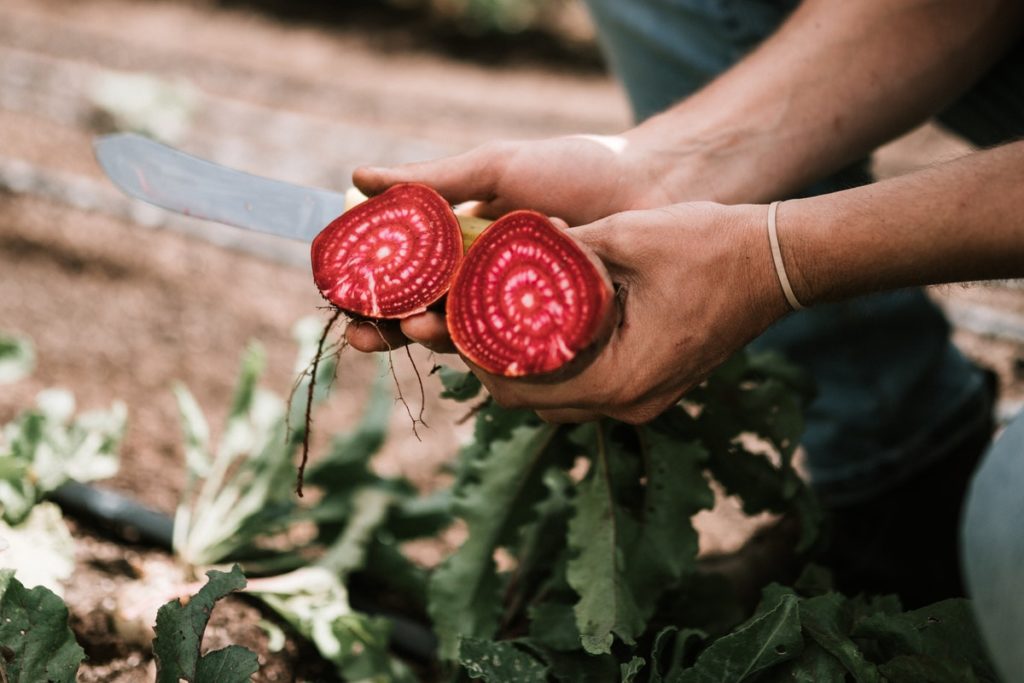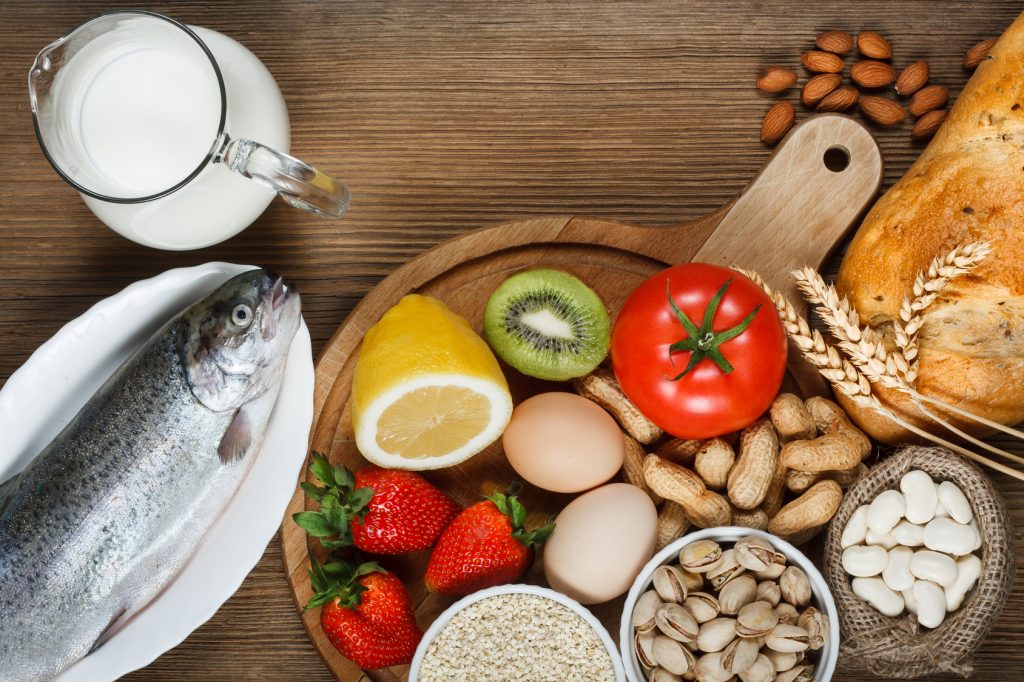Sustainability in the Food Industry: The Growing Trend

Food manufacturers are becoming increasingly aware of the consumer desire for sustainability in the food industry. Producers are compelled to implement sustainability practices whilst maintaining current quality standards and profits. However, in practice, this can be a difficult tightrope to walk. Sustainability is often scuppered by the need for a pragmatic approach to production and financial pressures.
A ‘Food Sustainability’ Definition
Consequently, before coining a ‘food sustainability’ definition, we have to consider this industry trade-off. Protecting local producers, encouraging biodiversity and reducing climate change often clash with a competitive price structure. The lowest price on offer rarely meets sustainability standards. Therefore, in practicality, ‘food sustainability’ is about finding a compromise between environmental consciousness and competitive business.

Food Sustainability, then, is a commitment to:
- Protecting the communities which supply our food; preventing biodiversity devastation via deforestation for farmland, for example.
- Ensuring that local workers are paid and treated properly, in accordance with 21st Century standards.
- Ensuring that logistics has as little environmental impact as possible.
- Further education about sustainability for future generations, particularly within a company.
Most consumers are primarily interested in convenience, price and quality. Subsequently, the balancing act between the cost of supply and the needs of the consumer has always been a tricky one. Sustainability in the food industry adds further pressure to this.
How Does This Have An Impact On Food Hygiene?
Many consumers relate the natural processes associated with sustainability to healthier groceries. One of the typical shifts towards sustainability in the food industry is the reduction of artificial fertilisation and pest control. Less chemicals should, in theory, equate to less contamination.
However, this is not always the case; natural and organic does not necessarily mean clean and healthy. Sustainable practices can also increase the presence of natural hazards. The use of natural predators to control pests, for example, has a reduced level and timescale of effectiveness. As such, natural parasites and/or contaminants like E. coli and clostridium, can have space and time to thrive. On the contrary, chemical spraying is quick, precise, easy and cheap.
Maintaining Good Food Hygiene
As we move towards increased sustainability in the food industry, maintaining proper food hygiene will require increased standardisation of the supply chain. Unfortunately, this transition is an opportunity for standards to slip as the new procedures come into effect. We need careful HACCP monitoring and quality testing to offset any problems, lest we face the consequences of poor food hygiene practice.
Imported goods from less-developed countries, for example, are a troubling issue. The standards for food hygiene in the UK are very different to those in Brazil and Colombia. Thankfully, fairtrade organisations tend to encourage proper working and ecological regulations in economies which often neglect workers. Additionally, consumers can help; buy from producers which promote sustainability, whilst meeting proper food hygiene standards.
Whilst sustainability in the food industry is idealistic, it is far from unachievable. We have to encourage the entire supply chain, from farmer to consumer, to think more ecologically. Moreover, this must not be to the detriment of food hygiene and other quality standards.
